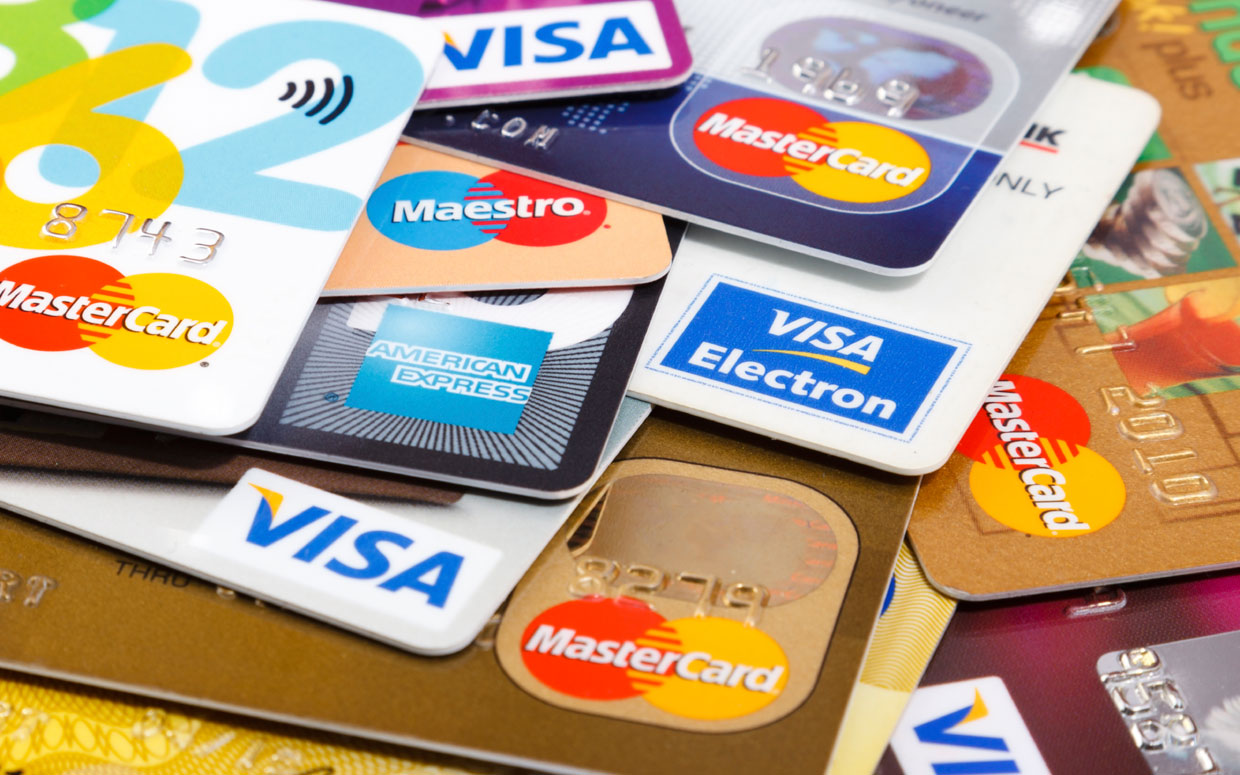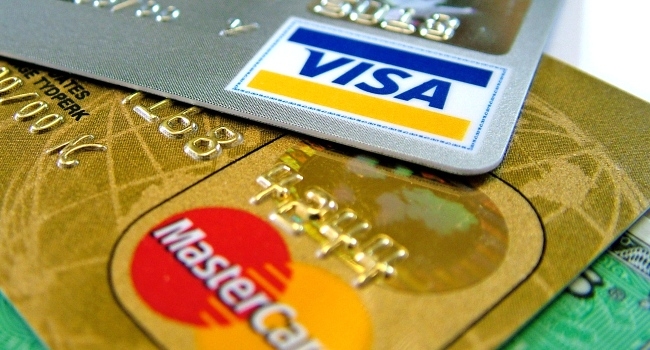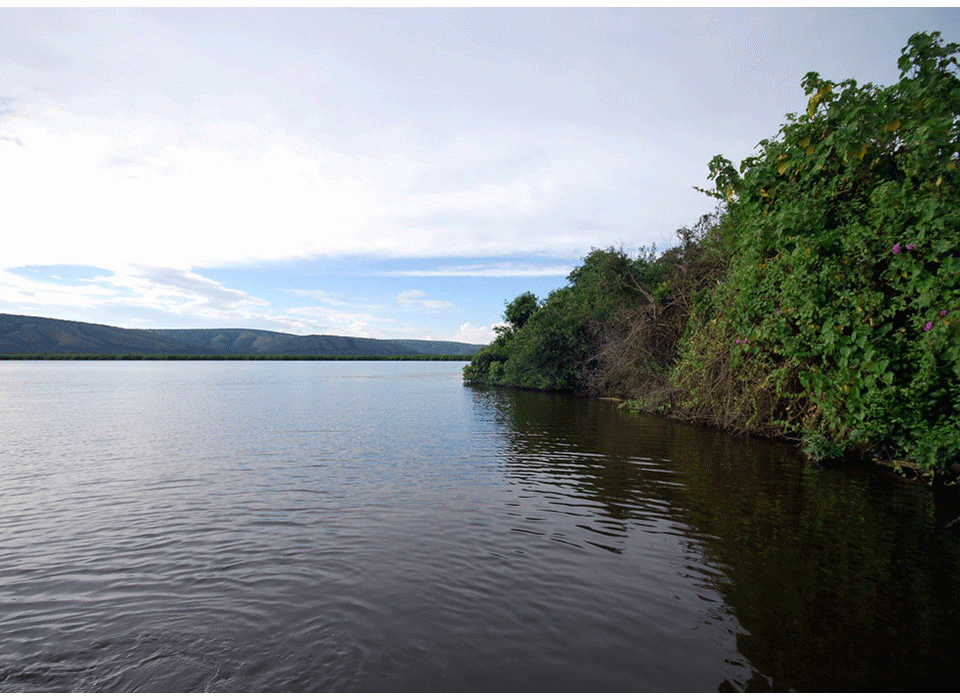
What’s the rainy season like in Uganda?
November 6, 2025
How much should I tip my safari guide?
November 6, 2025Can I use credit cards while in Uganda?
Planning a trip to Uganda, whether it is gorilla trekking, a wildlife safari across the savannah, or a cultural tour through Kampala, one of the most frequent questions asked by travelers could be: Can I use credit cards in Uganda? It’s an important consideration, especially for those used to cashless travel in many parts of the world.
The short answer is yes, you can use credit cards in Uganda, but not everywhere. Cash has traditionally been king in many parts of the country, including smaller towns, local markets, and rural safari areas, though major cities, luxury lodges, and some tourism-oriented establishments increasingly accept cards. So, understanding how and where cards are accepted, what types work best, and how to make the most secure and efficient payments when traveling are important skills to have.
This guide explains everything you need to know about using credit and debit cards in Uganda-from ATMs and currency exchange to tips for avoiding extra fees and ensuring secure transactions.
Card Usage in Uganda
The financial system in Uganda is growing fast, with increased access to electronic banking and digital means of paying for goods. However, it is still a cash-based economy. The local currency is the Ugandan Shilling (UGX), and while credit cards are becoming increasingly accepted throughout urban centers and high-end travel services, travelers should always have some cash on hand for flexibility.
Most international travelers use a combination of credit cards, debit cards, and cash, either in USD or UGX, for convenience and safety.
Where Credit Cards Are Accepted
Hotels and Lodges: Most of the mid-range to luxurious hotels and safari lodges accept major credit cards including Visa and Mastercard. American Express is accepted by fewer establishments.
Tour Operators and Travel Agencies: Established tour operators, such as Experiya Tour Company, allow card payments for deposits and final balances, usually settled online well in advance of your trip.
Restaurants and Cafes: Several top-class restaurants, especially in Kampala, Entebbe, and Jinja, accept credit cards. The small local eateries and diners on the road generally require cash.
Supermarkets and Shopping Malls: Large retail stores and supermarkets in major towns like Kampala and Entebbe accept cards.
Airports and Airlines: credit cards are acceptable for flight bookings and duty-free purchases at Entebbe International Airport.
Where Cards Are Not Accepted
In small towns and rural areas, like those around national parks such as Bwindi, Kibale, and Kidepo, card facilities are lacking due to poor internet access or absence of infrastructure. Several lodges and local institutions prefer cash transactions, and in the most remote areas, there are no ATMs.
For that reason, it is always prudent to carry enough cash in Ugandan shillings or U.S. dollars for meals, park fees, local tips, and small purchases.
Accepted Card Types
The two most widely accepted credit cards in Uganda are Visa and Mastercard; these can be used in most ATMs and at establishments that offer POS services.
Visa: The most common and widely accepted card network in Uganda.
Mastercard: Increasingly accepted, especially in hotels, lodges and country-wide ATMs.
American Express and Discover: Rarely accepted outside major hotels or select international chains.
With American Express and Discover, it’s a good idea to have a Visa or Mastercard as a backup.

Using ATMs in Uganda
Major towns and cities in Uganda have ATMs, including Kampala, Entebbe, Jinja, Fort Portal, Mbarara, Gulu, and Mbale. They are less common in rural areas or around national parks, however, so plan your withdrawals before heading out on safari.
Reliable ATM Banks
Stanbic Bank Uganda – Has the most reliable network of ATMs accepting international cards.
Absa Bank (formerly Barclays Bank) – Takes both Visa and Mastercard.
Standard Chartered Bank: Good for international withdrawals, especially if you’re traveling in major cities.
Centenary Bank and dfcu Bank – Some of its branches take international cards, though not all.
Please note that most ATMs have daily withdrawal limits ranging from UGX 700,000 to UGX 1,000,000, approximately USD $180-$250, depending on your bank’s policy. In cases where you need bigger amounts, you may have to make several withdrawals.
Tips for Using ATMs
Use ATMs during the day, but preferably at a bank branch or inside a shopping mall, though generally Uganda is a very safe country.
Inform Your Bank Before Travel: Let your bank know when you are travelling to avoid getting your card blocked for security reasons.
Watch out for international withdrawal fees, which can be in the neighborhood of $3–$6 per transaction, plus a small percentage from your home bank.
Avoid stand-alone ATMs; instead, opt for those attached to the banks, as they are most safe and decrease the probability of card skimming.
Paying with Credit Cards in Uganda
Expect some businesses to add a surcharge of 3–5% when using a credit card in payment to cover their processing fees. This is a common practice here in Uganda and across much of Africa. The hotels, lodges, and tour operators are the main businesses where this happens.
Always enquire if a service charge is levied, and whether the machine accepts foreign cards. The payment is generally made in Ugandan Shillings, while your bank converts it at the current exchange rate.
Most travellers, for big transactions such as paying for safari packages or lodge bookings, pay by credit card online before arrival or make bank transfers to avoid carrying lots of cash.
Cash and Currency Tips
Even if you are planning to use credit cards, in Uganda, carrying cash is very important. Most small vendors, taxi drivers, and park gates accept only cash.
Using Ugandan Shillings
The Ugandan Shilling is the local currency in Uganda.
There are notes in denominations of 1,000, 2,000, 5,000, 10,000, 20,000, and 50,000.
The coins are rarely used outside small towns.
Exchanging Currency
You can change U.S. dollars, euros, or British pounds at banks and licensed forex bureaus in cities. U.S. dollars are the most preferred foreign currency. However, bills must be clean, undamaged, and printed after 2009 to be accepted. Older or torn notes may be rejected.
Try to avoid changing money at the airport, if possible, since the exchange rate is usually not very good.
Carrying U.S. Dollars
It’s convenient to carry U.S. dollars in large denominations, such as 50s or 100s, for a better rate, but have some small bills handy for tipping and small expenses. A number of safari lodges, tour operators, and park offices accept USD directly, especially for park permits and high-value payments.
Mobile Money and Digital Payments
Uganda is one of the leading countries in the world on mobile money services, especially with MTN Mobile Money and Airtel Money. These services enable you to send and receive money anytime using your phone.
While mobile money is mostly used by locals, some tour companies and drivers may also accept it for smaller purchases. As a foreign visitor, though, you’ll need to have a local SIM card and registration to get full access to these services.
Few places in Uganda accept digital wallets like Apple Pay, Google Pay, and PayPal. It is always advisable to confirm payment options in advance when booking tours or lodges online.
Safety Tips for Card Users
Carry a number of payment alternatives: Not just credit cards, but a combination of cards and some cash in different currencies, like USD and UGX.
Keep Small Bills: Most local shops and the taxi drivers cannot give you change for large denominations.
Avoid Using Cards in Remote Areas: Poor connectivity can lead to failed transactions. Pay cash when possible.
Be Cautious with Your Card Details: Use your card at reputable hotels, lodges, and shops only. Fraudulent cases happen rarely but are not impossible either.
Have Emergency Funds: Keep some cash reserves for emergencies, when even ATMs may not be available.
What Travelers Typically Do
Most visitors traveling to Uganda employ a mixed method of payment:
Pay for major expenses – safaris, accommodation, flights – well in advance by credit card or bank transfer.
Daily expenses- meals, souvenirs, tips, etc.- require cash in UGX or USD.
If possible, withdraw small amounts from ATMs only in major towns.
This combination allows for flexibility and minimizes the chance of running into problems with payments in remote areas.
Why Understanding Uganda’s Payment System Matters The beauty of Uganda lies in its diversity: the jungles, the rural landscapes, and above all, its warm-hearted people. This also essentially means that infrastructures are sometimes different from one region to another. Knowing where to use cards and where to have cash guarantees you a trouble-free trip. A little bit of preparation will allow you to handle your finances without any hassle and focus on the real magic-the unforgettable wildlife, culture, and natural beauty of Uganda.
Do credit cards work in Uganda?
Yes, but a little more cautious and with more planning. Credit and debit cards are well accepted in cities, airports, and higher-end lodges, but cash remains king across much of the country. Always have a sensible mix of different forms of currency on you; be vigilant when using ATMs, and don’t rely wholly on your card for day-to-day expenses. A good local partner will facilitate a stress-free travel experience.
Experiya Tour Company offers professionally organized safaris and tours around Uganda, with a guarantee that all logistical details-including payment processing-are handled in the safest and most convenient manner possible. Whether booking a gorilla trek, wildlife safari, or customized tour, Experiya offers flexibility in payments, trusted guidance, and the peace of mind every traveler deserves.




